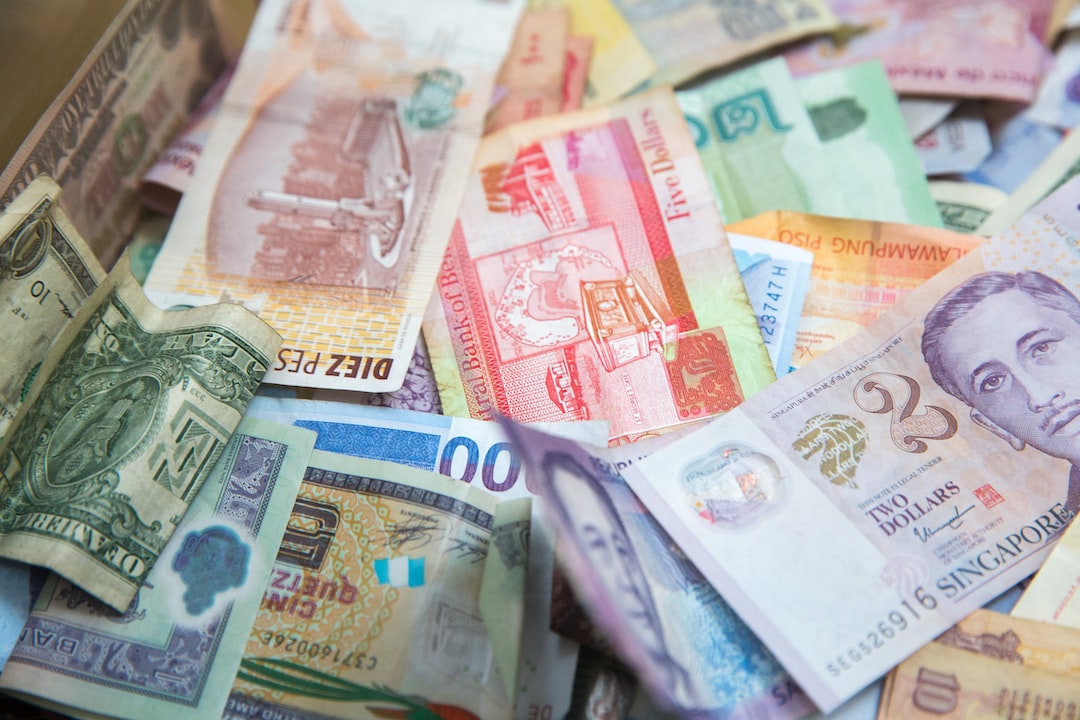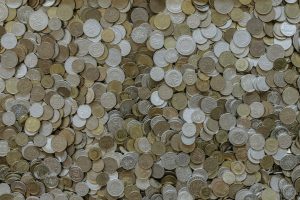The foreign exchange market, commonly referred to as the forex market, operates 24 hours a day, 5 days a week. This means that trading can take place at any time during the week, including Mondays. However, there are certain times when the forex market experiences increased activity and volatility. Understanding these patterns can help traders make more informed decisions and maximize their profits.
The forex market is an over-the-counter (OTC) market, which means that there is no centralized exchange. Instead, transactions take place directly between buyers and sellers through electronic communication networks (ECNs) or over the phone. This allows for continuous trading throughout the week.
The forex market opens on Sunday at 5:00 pm EST (10:00 pm GMT) and closes on Friday at 5:00 pm EST (10:00 pm GMT). However, not all trading sessions are equal in terms of activity and volatility. The forex market is divided into three major trading sessions: the Asian session, the European session, and the North American session.
The Asian session starts on Sunday at 5:00 pm EST (10:00 pm GMT) and ends on Monday at 4:00 am EST (9:00 am GMT). This session is characterized by low volatility and low trading volume, as most of the major financial centers in the region are closed. The major currencies traded during this session are the Japanese yen, the Australian dollar, and the New Zealand dollar.
The European session starts at 3:00 am EST (8:00 am GMT) and ends at 12:00 pm EST (5:00 pm GMT). This session is the most active and volatile of the three, as it overlaps with the Asian and North American sessions. The major financial centers in the region, such as London, Frankfurt, and Zurich, are open during this session. The major currencies traded during this session are the euro, the British pound, and the Swiss franc.
The North American session starts at 8:00 am EST (1:00 pm GMT) and ends at 5:00 pm EST (10:00 pm GMT). This session is less active than the European session but more active than the Asian session. The major financial centers in the region, such as New York and Toronto, are open during this session. The major currencies traded during this session are the US dollar and the Canadian dollar.
In addition to the regular trading sessions, there are also certain days that are more volatile than others. Mondays are generally considered to be less volatile than other days of the week, as traders are still adjusting to the news and events that occurred over the weekend. However, this is not always the case, as unexpected news or events can cause sudden spikes in volatility.
Traders should also pay attention to economic releases and news events that can affect the forex market. These include central bank announcements, GDP reports, inflation data, and geopolitical events. These events can cause sudden shifts in market sentiment and volatility, and traders should be prepared to adjust their strategies accordingly.
In conclusion, the forex market operates 24 hours a day, 5 days a week, with three major trading sessions: the Asian session, the European session, and the North American session. Mondays are generally less volatile than other days of the week, but unexpected news or events can cause sudden spikes in volatility. Traders should pay attention to economic releases and news events that can affect the forex market and adjust their strategies accordingly.





